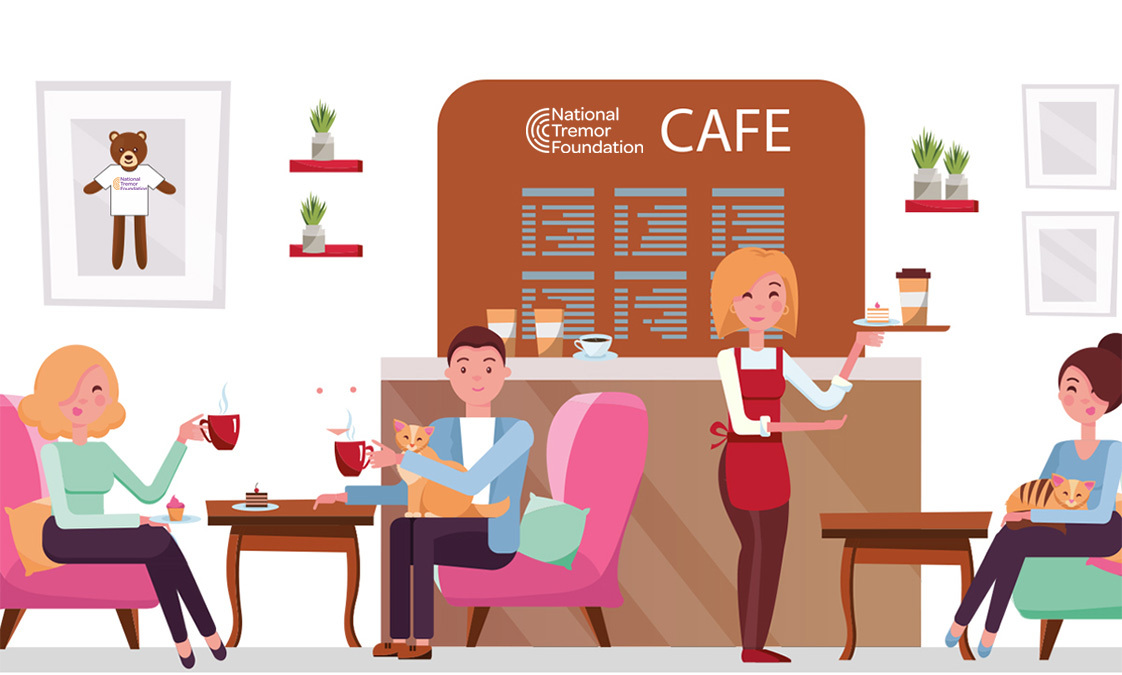
Dystonia
Dystonia
According to The Dystonia Society, the term is used to describe uncontrollable and sometimes painful muscle spasms caused by incorrect signals from the brain. It is estimated to affect at least 70,000 people in the UK. There are a large number of different types of dystonia which affect people in widely differing ways. Unfortunately there is not yet a cure.
Symptoms of dystonia
Dystonia is a neurological movement disorder. Faulty signals from the brain cause muscles to spasm and pull on the body incorrectly. This forces the body into twisting, repetitive movements or abnormal postures. Sometimes the symptoms are accompanied by dystonic tremor.
Click here to learn more about the symptoms of dystonia.
Causes of dystonia
The cause of dystonia in most cases is not known although a minority of cases have an identifiable cause. Dystonia is thought to originate in part of the brain called the basal ganglia.
Click here to learn more about the causes of dystonia.
Types of dystonia
There are many different types of dystonia. Dystonia which starts in adult life usually remains focal to one part of the body. If dystonia starts in childhood, it tends to spread across multiple parts of the body.
Focal dystonias
These dystonias are limited to specific parts of the body. Symptoms generally appear between the ages of 30 and 50 (except eye dystonia where they usually start between ages 50 and 70) although sometimes symptoms can appear earlier or later. Generally, focal dystonias starting in adulthood affect only one part of the body. If they spread at all, which is unlikely, it is usually only to one other area (if this happens it is called a segmental or multifocal dystonia). The progress of focal dystonia is unpredictable with symptoms varying from day to day. Typically, a focal dystonia will progress gradually over a five-year period and then progress no further.
Dystonias affecting multiple parts of the body
There are a number of different types of dystonia that affect more than one part of the body. These usually start in childhood or early adulthood.
Acquired dystonias
Acquired dystonias (which used to be known as secondary dystonias) are dystonias caused by damage or degeneration of the brain or abnormal response to certain medications. There are more than 50 causes of acquired dystonia.
Functional dystonia
Functional dystonia is a condition where some specific symptoms of dystonia appear but tests that normally establish the cause of these symptoms are negative.
Click here to read more about the different types of dystonia.
Treatment of dystonia
Treatments are available and most people do manage to develop successful strategies for living with dystonia combining treatment with pain control and sensory tricks to help with social situations. Remission from symptoms does sometimes occur but is rare – occurring in around 5-10% of cases.
Managing dystonia
Coping with dystonia can be done most successfully if the person affected by dystonia (and, where appropriate, their carers) actively manages the condition. Everyone is different and so what this means in practice will vary from person to person. To manage dystonia effectively, people affected by dystonia need information about all aspects of the condition. This can enable them to take control and become the actor of their condition. Click here to read more about managing dystonia.
Dystonia and pain
Some people with dystonia report experiencing pain while others report none. Pain is most commonly experienced by those with neck dystonia and/or generalised dystonia although some people with other types also report experiencing pain. To read more about managing pain click here.
Dystonia and mental health
Mental health is a sensitive topic for many people with dystonia as many cases of dystonia are initially mistaken for a mental health (or psychological) condition. In the vast majority of cases, dystonia is a neurological illness and does not have a mental health cause.
However, it is also increasingly understood, that although mental health conditions do not normally cause dystonia, there can be an important inter-relationship in some cases between dystonia and mental health conditions such as stress, depression and anxiety. This relationship can be two way. Click here to read more about dystonia and mental health.
Learn more about dystonia
- For more information about dystonia go The Dystonia Society website.
We would like to thank The Dystonia Society for this information.












